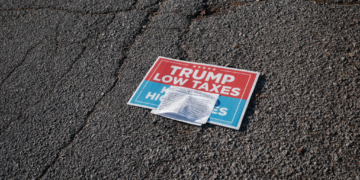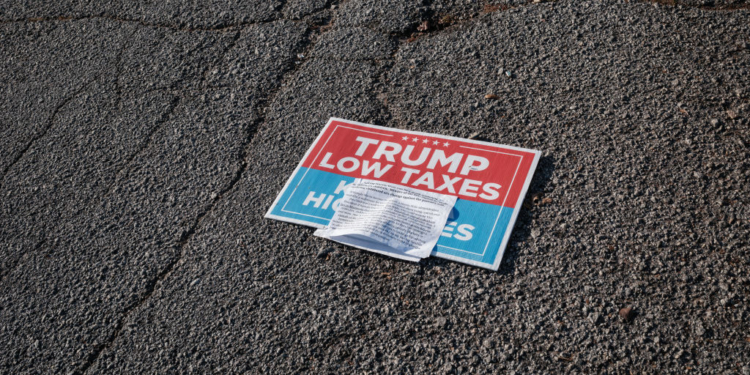The bomb threats in many states throughout the U.S. on Election Day may not have been real, but their effects were.
Voting hours in at least five states where the treats occurred were extended, per The Hill, as the FBI attributed the discredited threats to Russia.
Around seven polling locations in Georgia were targeted with bomb threats.
Secretary of State Brad Raffensperger (R) said these threats were due to acts of a “foreign state actor.”
Polling places in Pennsylvania, Michigan, and Wisconsin, and the Navajo Nation in Arizona had similar threats.
The discredited threats caused delays and evacuations which resulted in Election Day disruptions.
“We’ve also been made aware that in the course of the last hour, multiple bomb threats have been called into polling locations and municipal buildings across Pennsylvania,” Gov. Josh Shapiro (D) said during a press conference Tuesday. “State and local law enforcement, along with the FBI, are investigating these threats and thus far there is no credible threat to the public.”
The FBI said the threats in multiple states stemmed from Russian accounts.
“The FBI is aware of bomb threats to polling locations in several states, many of which appear to originate from Russian email domains,” the FBI said in a statement. “None of the threats have been determined to be credible thus far.”
A judge in Pennsylvania granted a request from the Clearfield County solicitor to extend voting an additional hour at the Clearfield County Administrative Building. This allowed voters to vote there through 9 p.m. ET.
The same occurred in
Georgia polling locations that were faced with bomb threats.
Nine different Navajo Nation sites were granted extended voting hours due to issues printing ballots.
Russia denied being behind the various bomb threats.
“We have noticed the statement of the U.S. intelligence services accusing our country of disseminating fabricated videos about electoral violations in the United States. We view these allegations as baseless,” the Russian Embassy in Washington, D.C., said in a statement, citing there has not been “any proof” to back the claims.


























 Continue with Google
Continue with Google